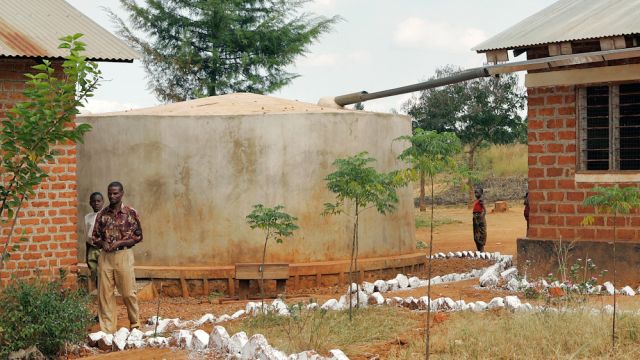Rainwater Harvesting (RWH) strategies in sub-Saharan Africa where irrigation can be a challenge have been proven to increase agricultural productivity. But even with its expected economic advantage, technology adoption rates are low. This 2021 study provides suggestive evidence that information and training of farmers can bridge the gaps.
The participants are smallholder farmers from 180 villages in the eastern part of Zinder in Niger. The country is part of the Sahel – a belt region in the African continent which is a physical and cultural transition between the northern desert and southern tropic. Farmers in the Sahel are more vulnerable to climate change. To address effects such as land degradation and desertification, the paper assessed training and cash transfer interventions to farmers.
The findings include the positive impacts of training programs indicating its scalability and replicability with consideration to contexts and other factors mentioned in the paper. The researchers highlight that to increase adoption, knowledge-sharing through training on RWH is more important rather than cash incentives alone.
Find out more here.
Reference:
Aker, Jenny C and Jack, Kelsey, Harvesting the Rain: The Adoption of Environmental Technologies in the Sahel (November 2021). NBER Working Paper No. w29518, Available at SSRN: https://ssrn.com/abstract=3973316
Photo: (c) UN Photo/Evan Schneider
Article contributed by Charlene Esteban, ComDev Asia intern

